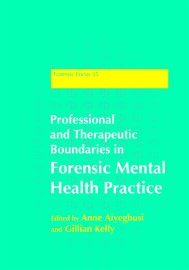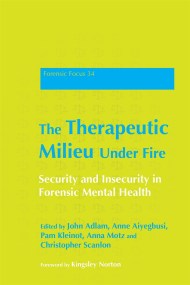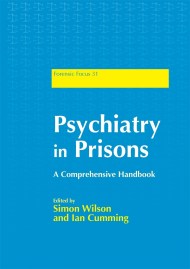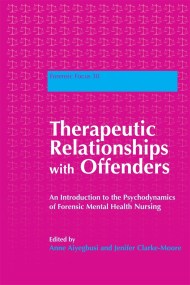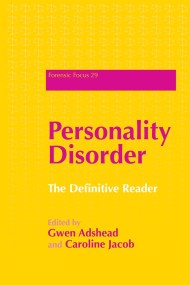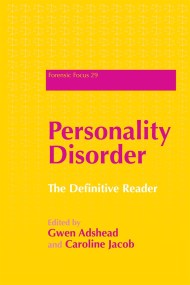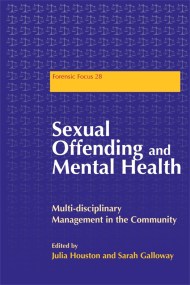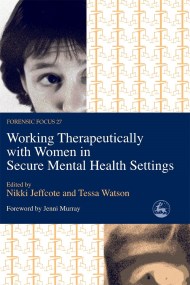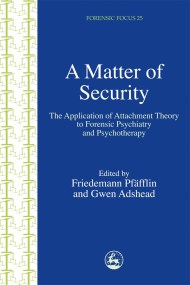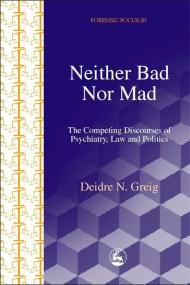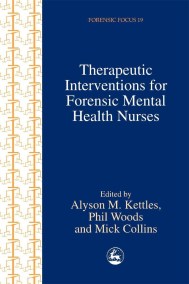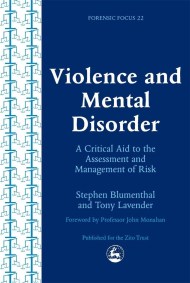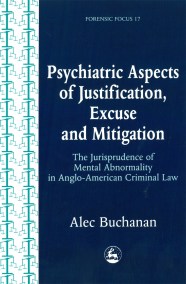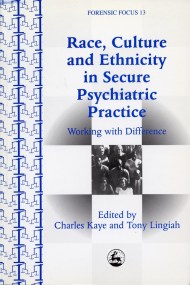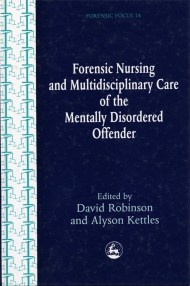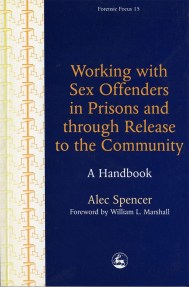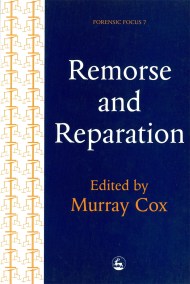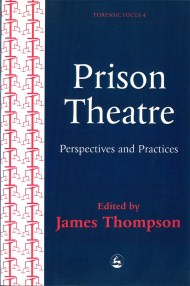This collection of essays focuses on the unconscious roots of human behaviour in a range of settings: the consulting room, the small group, the workplace, the therapeutic community and the GP’s surgery.
The author draws upon psychoanalytic theory to examine the psychological preconditions for violent behaviour stemming from a failure in courage. He observes that in violence there is an attack not only on the victim, but on the perpetrator’s own universe of meaning and value. By examining the psychological implications of death, violence and other extremes, both in literature and in case material, this collection highlights many of the concerns of the field of psychotherapy from an eclectic range of source materials.
The author draws upon psychoanalytic theory to examine the psychological preconditions for violent behaviour stemming from a failure in courage. He observes that in violence there is an attack not only on the victim, but on the perpetrator’s own universe of meaning and value. By examining the psychological implications of death, violence and other extremes, both in literature and in case material, this collection highlights many of the concerns of the field of psychotherapy from an eclectic range of source materials.
Newsletter Signup
By clicking ‘Sign Up,’ I acknowledge that I have read and agree to Hachette Book Group’s Privacy Policy and Terms of Use
Reviews
`There are sixteen chapters covering topics from multiple personality to `Prejudice in Poetry'… Several interesting case vignettes are featured throughout the book and add to its interest… This is a book I would ask to be stocked by the library which I use regularly at the local psychiatric hospital.'
`There is a pleasing straightforwardness and elegance to this collection of essays… he is refreshingly free of any exigent need for comprehensiveness or oppressive expertise.'
`I enjoyed reading each and every one of these humane, insightful, well-crafted essays, which are infused with the author's `enduring passions' of literature and psychoanalysis. I recommend them to overburdened academics on the grounds that they will encourage a broader, less channelled vision and invite creative thoughts which, maybe in indirect ways, can be applied to the understanding of anti-social acts and thus their regulation through criminal justice. [The author's] economical but mellifluous writing, his clear focus, lack of jargon and copious use of literary references make reading these essays a pleasure rather than a chore. Wilson's analysis of individual motivations is rich and complex, drawing on his working experience with distressed and disturbed people as well as psychoanalysis and literature, to illuminate `the underside of our "thin veneer of civilisation"' (preface). Such insights, which, when applied forensically, help to understand violent criminals charged in a court of law, also teach us about ourselves.'
`…this contribution is on the one hand charming and informative, and, on the other, idiosyncratic and anecdotal. This is a book which might attract people thinking it will make good bedtime or holiday reading. Don't be surprised, though, if it causes a mind-racing, sleepless night.'

